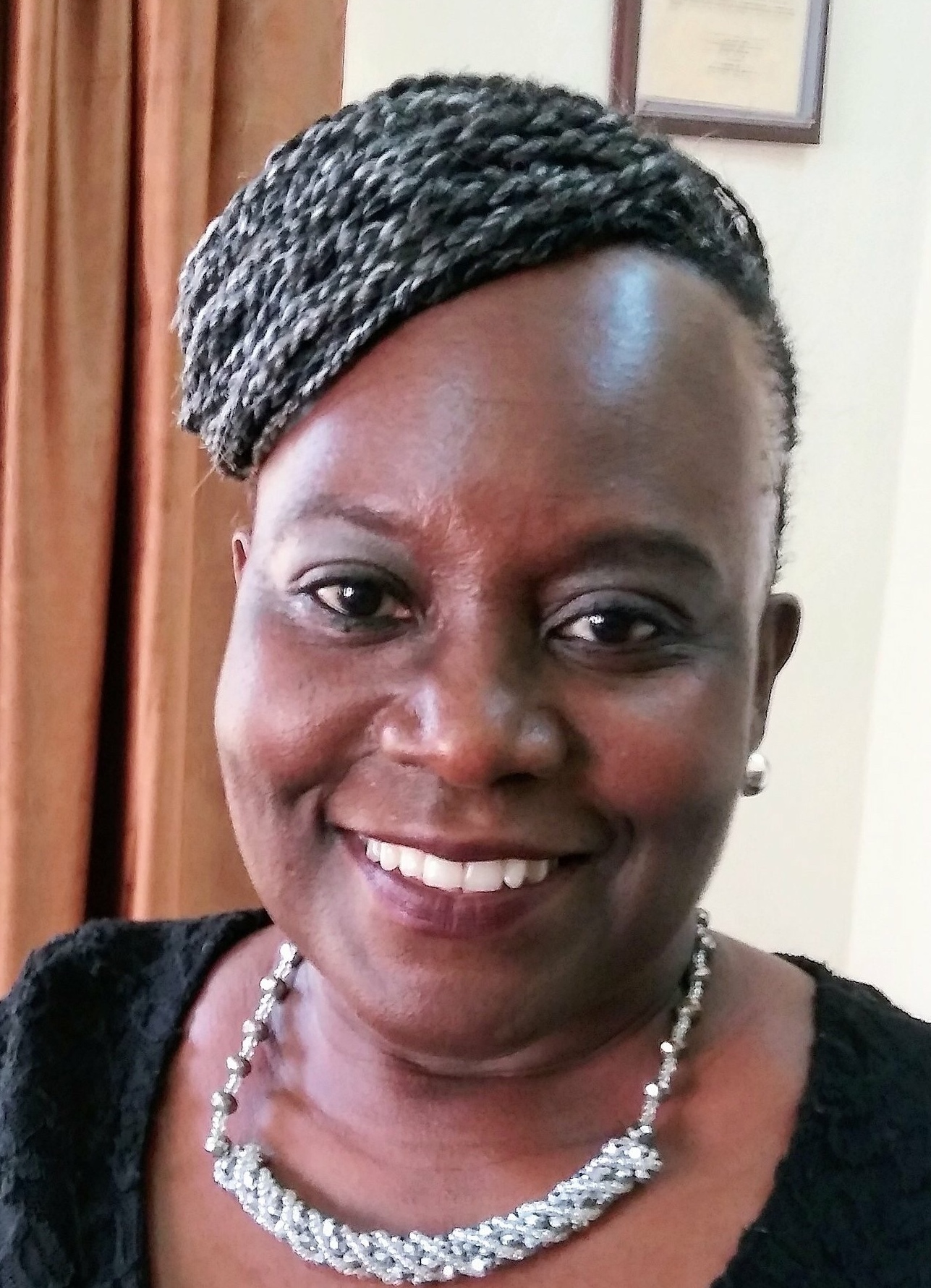Don’t Miss the Movement!
By Rev. Dr. Katurah York Cooper
In “The Greatest Movement for Racial Diversity in All of History,” Rebecca McLaughlin, states, “If we look globally over the next forty years, Christianity is not only NOT declining, it’s set to increase slightly from about thirty-one percent of the world to thirty-two percent of the world.The center of gravity of Christianity is shifting away from the West. It seems that by 2060, forty percent of all Christians will live in sub-Saharan Africa, and China could be a majority-Christian country at that point with far more Christians than the US.” The breaking news is that Christianity as a religion is not on a decline!
In “New Data Show United Methodist Membership Shift,” John Lomporis writes: “We see that African United Methodism has surged well past the 40 percent mark of denominational membership as it continues its march toward making us [UMC] a majority-African denomination. Already, the three African central conferences plus the U.S. Southeastern Jurisdiction constitute over 63 percent of the church, and this super-majority may shift to two-thirds within just the next couple of years.”
At the 2019 General Board meeting in Birmingham, Alabama, my attention was drawn to two things. The Chief Information Officer reported that the AME membership had decreased by 23% and the 4thEpiscopal District Annual Report lists the India Annual Conference with the largest in membership, exceeding the Chicago Annual Conference. We were not told which episcopal districts were experiencing membership decreases; however, numerous studies indicate that this decrease would be concentrated in North America.
If the center of gravity of Christianity is shifting from the West, what does that mean for the AME Church where the majority of her members are of African descent? The AME, AME Zion, and CME represent the largest concentration of black mainline protestant congregations in the world.
In our Connectional meetings, we lament over empty pews in churches within districts 1-13 and their struggles to raise funds for assessments and infrastructure upkeep. We worry over the disappearance of Millennials and generation X from Sunday worship. Attention must be given to the situation that we are losing sight of the global shift that is happening right under our watch.
The AME Church is poised to benefit from this shifting if, and only if she is prepared to accommodate it. Let’s face it. Christianity gravity is pulling in the direction of Africa.
A few thoughts on how the AME Church can prepare herself to benefit from this global shift include the market of our brand, telling our African legacy story, and crafting a Connectional vision for the growth of districts 14-20.
The very word “African” is a magnet that can attract vast numbers of people in Africa to our denomination. Members of districts 1-13 must deal with this. What does the African in the AME Church mean to you? Many of my American brothers and sisters see the African part as a minor afterthought and not the core of who we are. The brand name “African” gives AMEs access to an entire continent of 1.3 billion people if we would promote our brand authentically and not superficially.
The AME Church has a very compelling legacy of work in Africa. We need to retell the story of Henry McNeil Turner and others who established churches, built schools, purchased prime properties, fostered evangelism, and influenced African governments. We must honor the roles of hundreds of native Africans who welcomed them and labored to spread the AME denomination in Africa.
It is not enough to elect indigenous African leadership. We must wrestle with the question of what is the meaning and makeup of indigenous leadership. The primary role of the GDC should be to craft a vision for the expansion of districts 14-20. The Connectional church must be a part of this discussion. This does not undermine the authority of any assigned bishop; however, it reduces the perception “us versus them” and increases “buy-in” and support. Indigenous leadership is not just a nice idea. It is about respect, parity, and diversity. It is about charting a course for empowering leadership to impact many nations thereby expanding the reach of the AME Church. Don’t miss the movement!
The Rev. Dr. Katurah York Cooper is the pastor of Empowerment Temple AME Church in the Central Liberia Annual Conference, 14thEpiscopal District. Email: katu.cooper2012@gmail.com.





